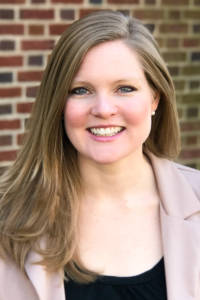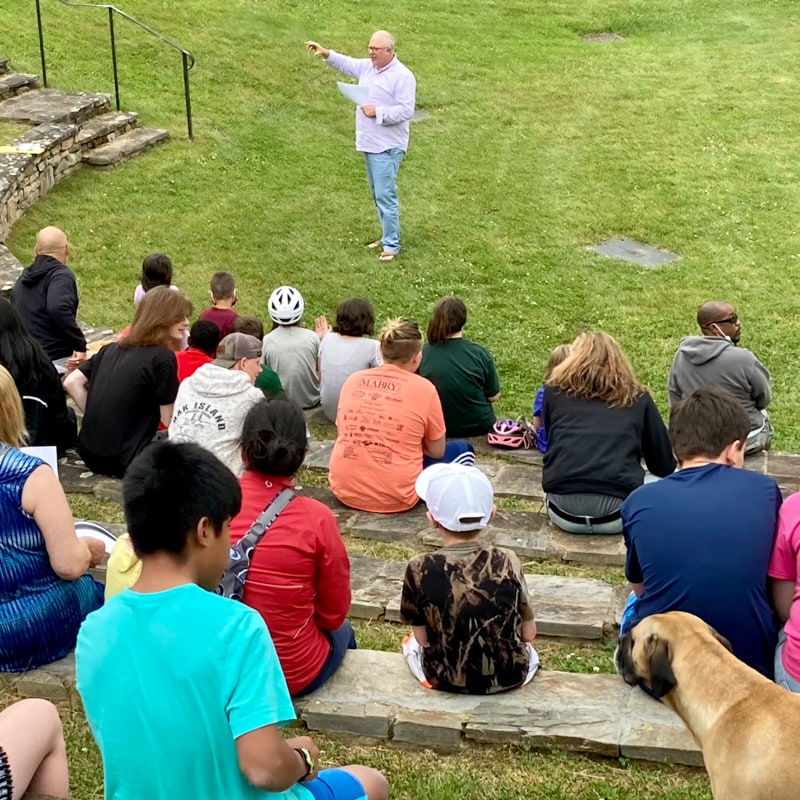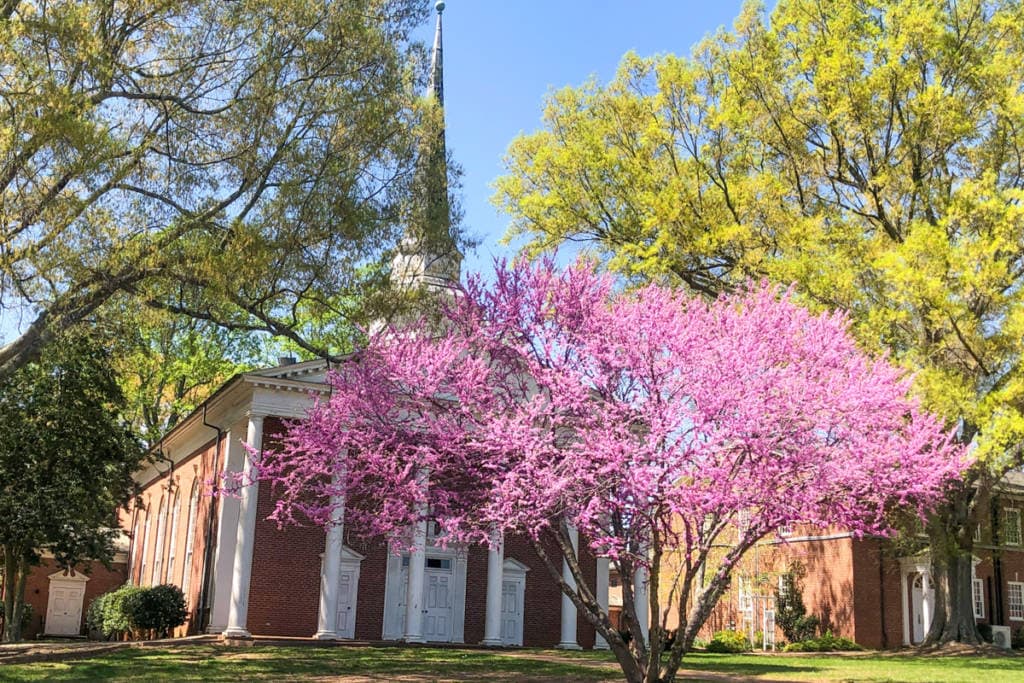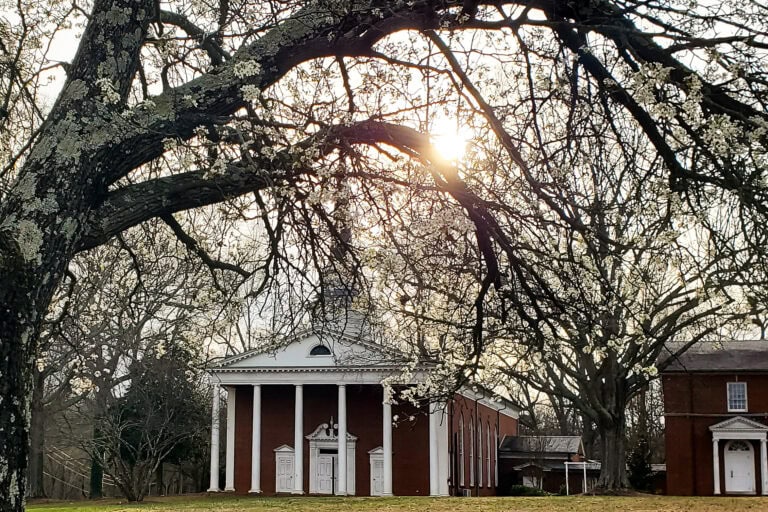At Crossnore we take team building very seriously. Recently, I was in a meeting where we did an activity using metaphors for the parts of a car (steering wheel, brakes, etc.) to share about ourselves. Our “steering wheel” was the thing that drove us and our “brakes” were what held us back. As we went around the group, more than half of my colleagues mentioned their faith, spirituality, or religion as their steering wheel.
Faith at Crossnore.

This may not be surprising to most. Crossnore is historically linked to the Christian faith and is still missionally driven by it today. But as I stepped away from that meeting, I began to reflect on how, for some, faith can often be our driving force, and for others, faith, spirituality, or religion can be our brakes, the thing that holds us back.
Working at Crossnore ticks many professional dream boxes for me. Here I can be my full professional self: an ordained United Methodist deacon and a licensed clinical social worker. I am fully accepted for who I am here. I recognize that in this place where I spend so much of my time, I have privilege – to make a living, support children and families, and be completely open about my faith.
Working to create welcoming space.
Over the years, I have encountered friends and colleagues who have shared that they cannot be fully who they are in their workplace. Their race, sexuality, religion, or other pieces of themselves are not welcomed to the workplace like mine are here. These pieces of self, or the reactions of other people toward them, have become brakes for them.
At Crossnore we are working to do better and create a safe and welcoming environment for all staff and clients in our community. I am reminded that what feels safe to some may feel threatening to others. Faith in the workplace can be one of those things.
The role of faith in healing.
As a trauma-informed community at Crossnore we know that spirituality is a resiliency building factor. Lisa Miller Ph.D in her book, The Spiritual Child: The New Science on Parenting for Health and Lifelong Thriving, shares that children who have a positive relationship with their faith are:
- 40 percent less likely to use and abuse substances
- 60 percent less likely to be depressed as teenagers
- 80 percent less likely to have dangerous or unprotected sex
- More likely to have positive markers for thriving and high levels of academic success.
Spirituality is good for us. Faith in something greater than ourselves motivates us and keeps us healthy.
When religion hurts instead of heals.
But we can also recognize that organized religion, in particular, has been a screeching brake for many people and groups. This year I read Jemar Tisby’s The Color of Compromise: The Truth about the American Church’s Complicity in Racism. This book was an important reminder to me of the horrific things American Chrisitianity has done to uphold systemic racism.
How can something that has been a steering wheel for me have been so destructive to others?
Deconstructing and Reconstructing
As a Christian social work professional, I am trying to weave together the positive elements of spirituality while also unwinding myself from the negative aspects of systemically discriminatory religion. I feel fortunate that I am working with like-minded people at Crossnore. Some identify as people of faith – some Christian, some of other faiths. But this we have in common: All of us believe in selflessly working for the healing and wholeness of all children and families.
Hope for the faith we share.
 I wish I could say our agency has it all figured out. Spoiler alert: we don’t. But, we do seek for our community to be a safe one where faith, spirituality, and religion are steering wheels, not brakes; something to help guide, not something to hold back or hurt.
I wish I could say our agency has it all figured out. Spoiler alert: we don’t. But, we do seek for our community to be a safe one where faith, spirituality, and religion are steering wheels, not brakes; something to help guide, not something to hold back or hurt.
We pray that in all things, we show compassionate, unconditional love to all. As we work and grow, we embrace a faith that serves as a healing balm for the wounded, never a weapon used for harm.




